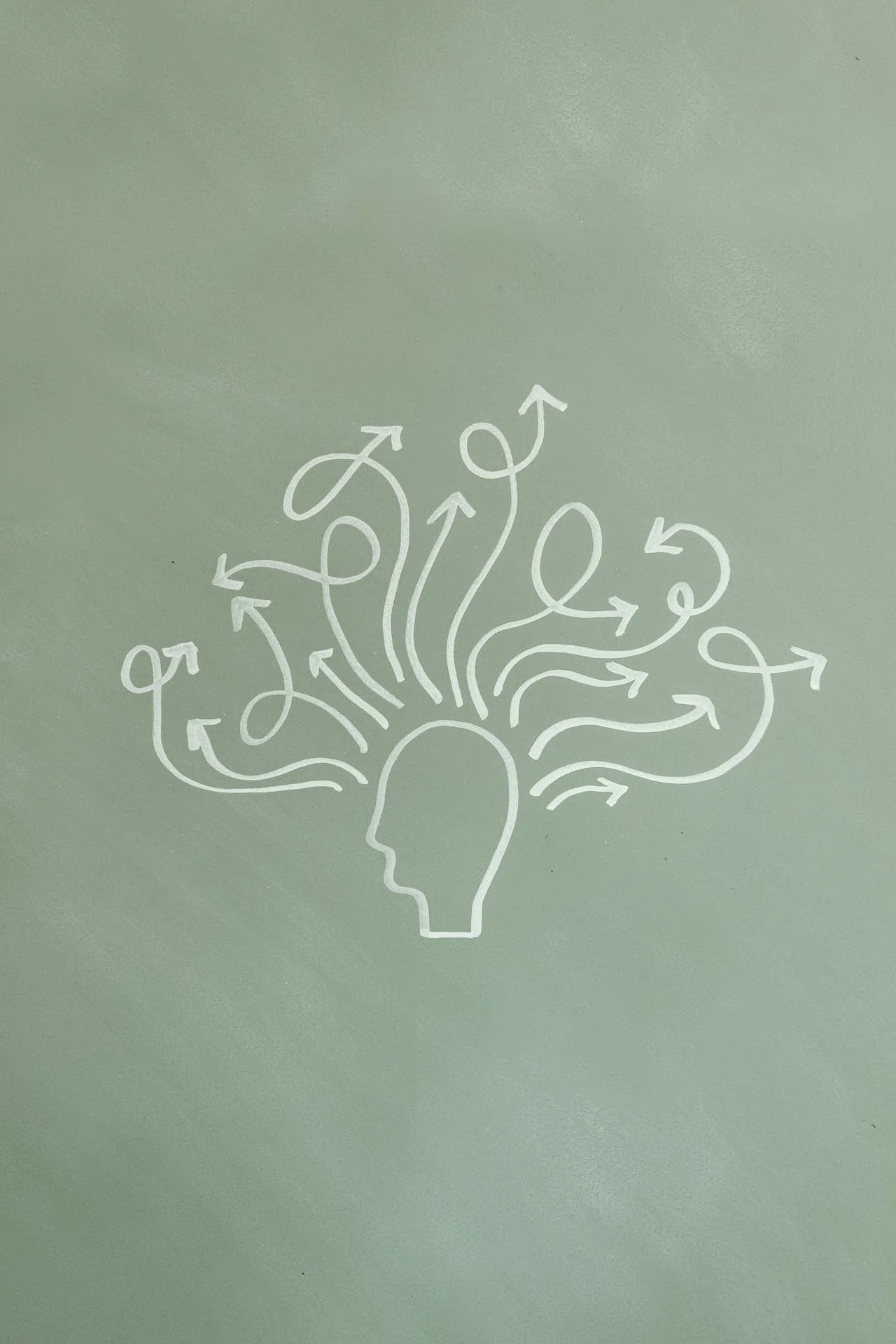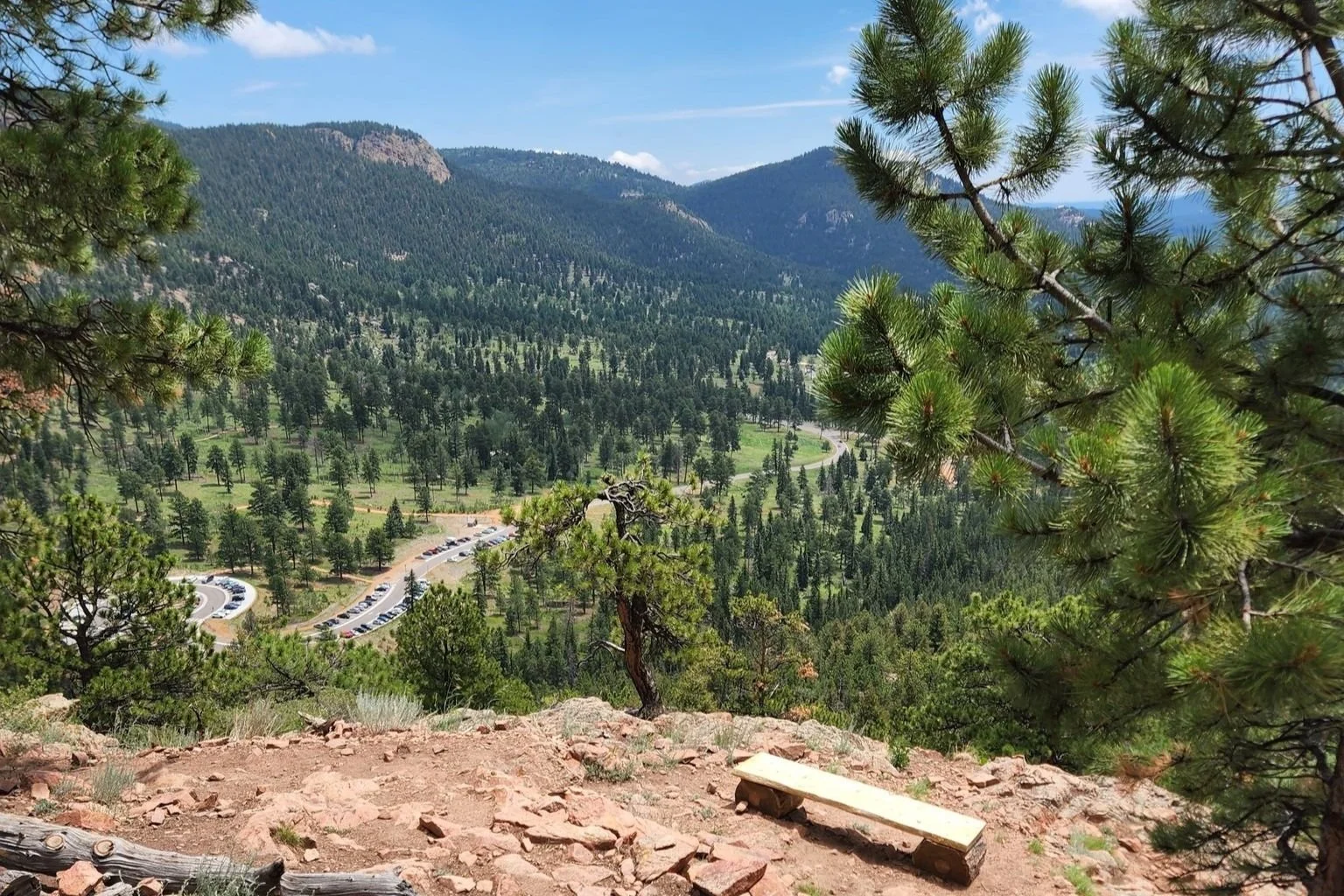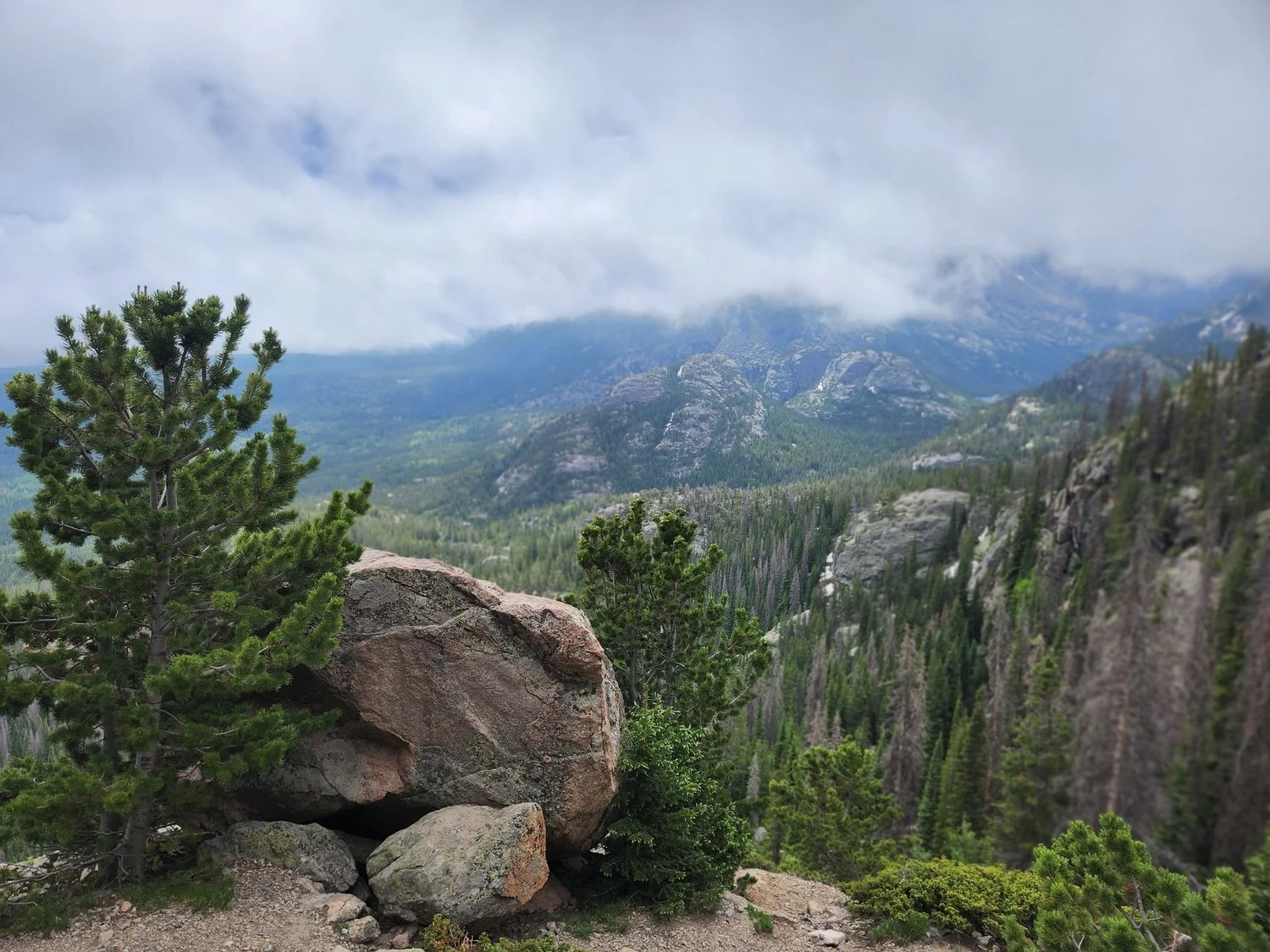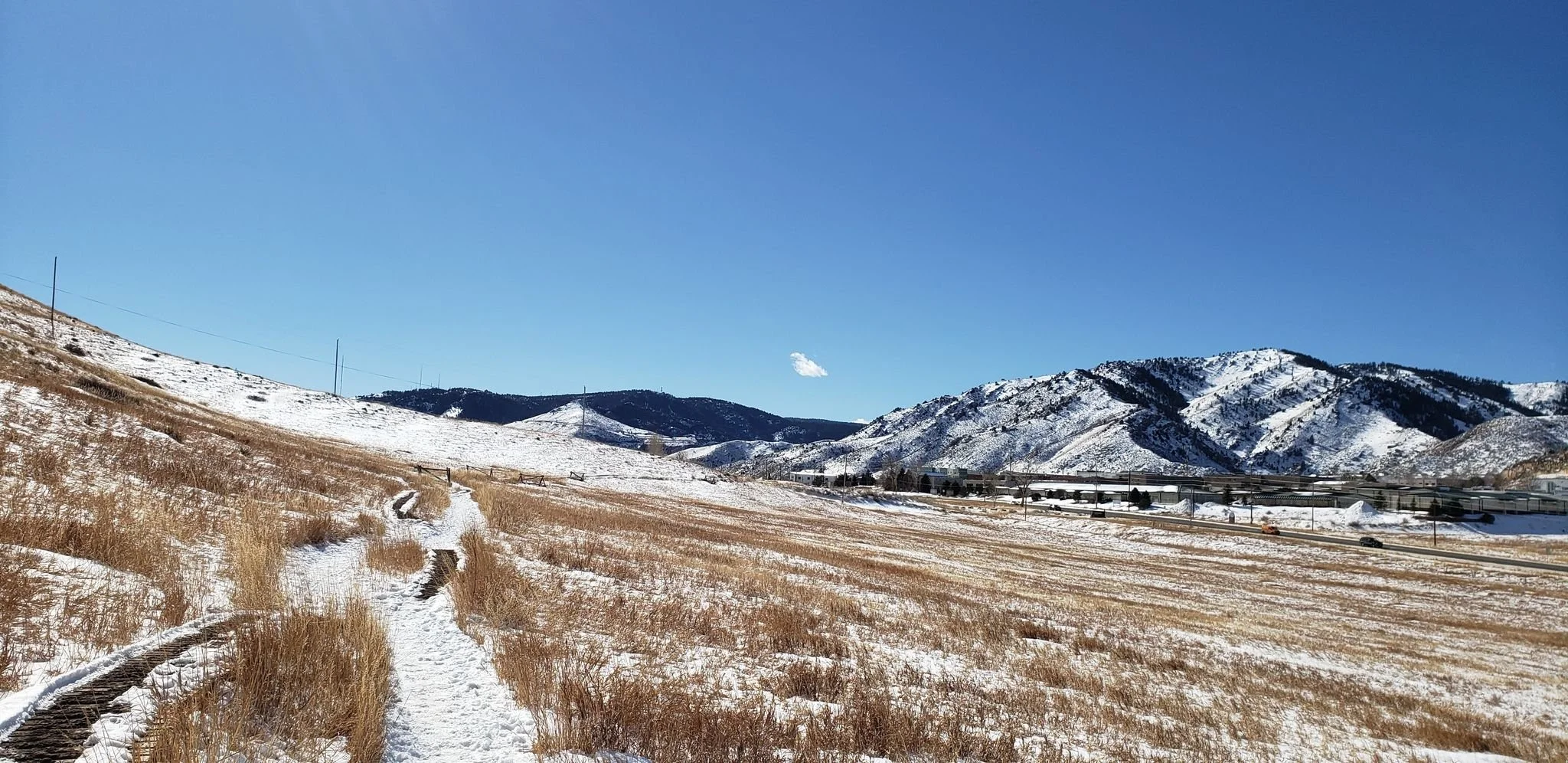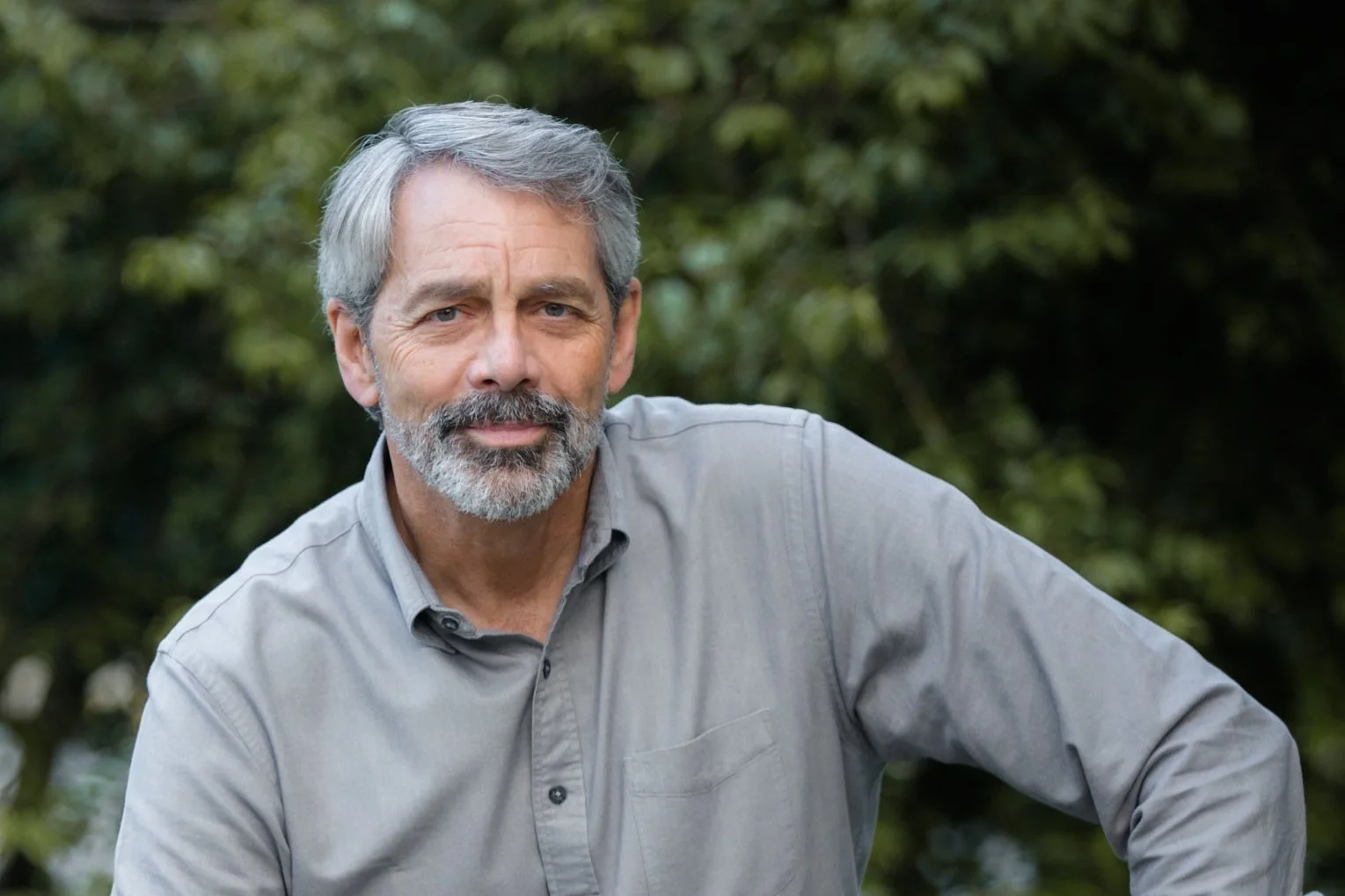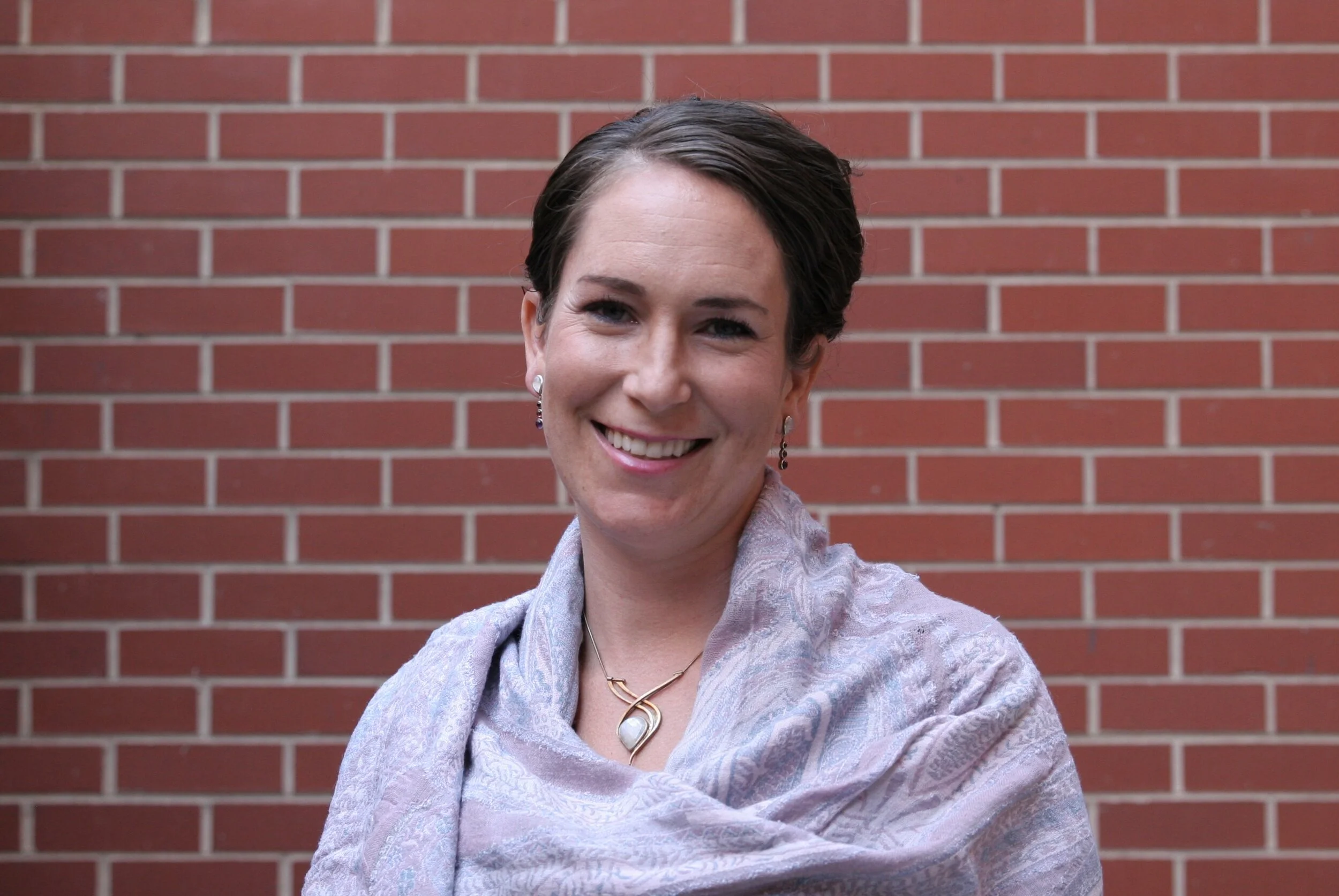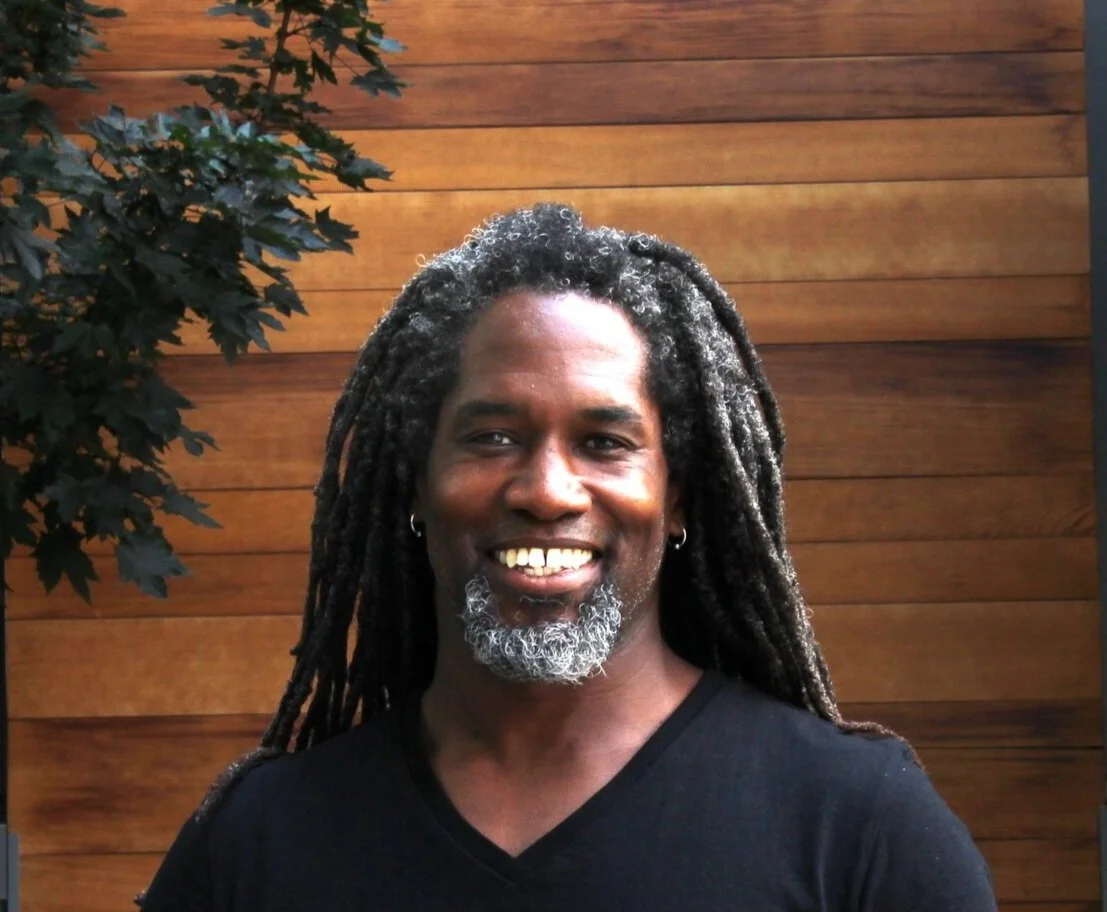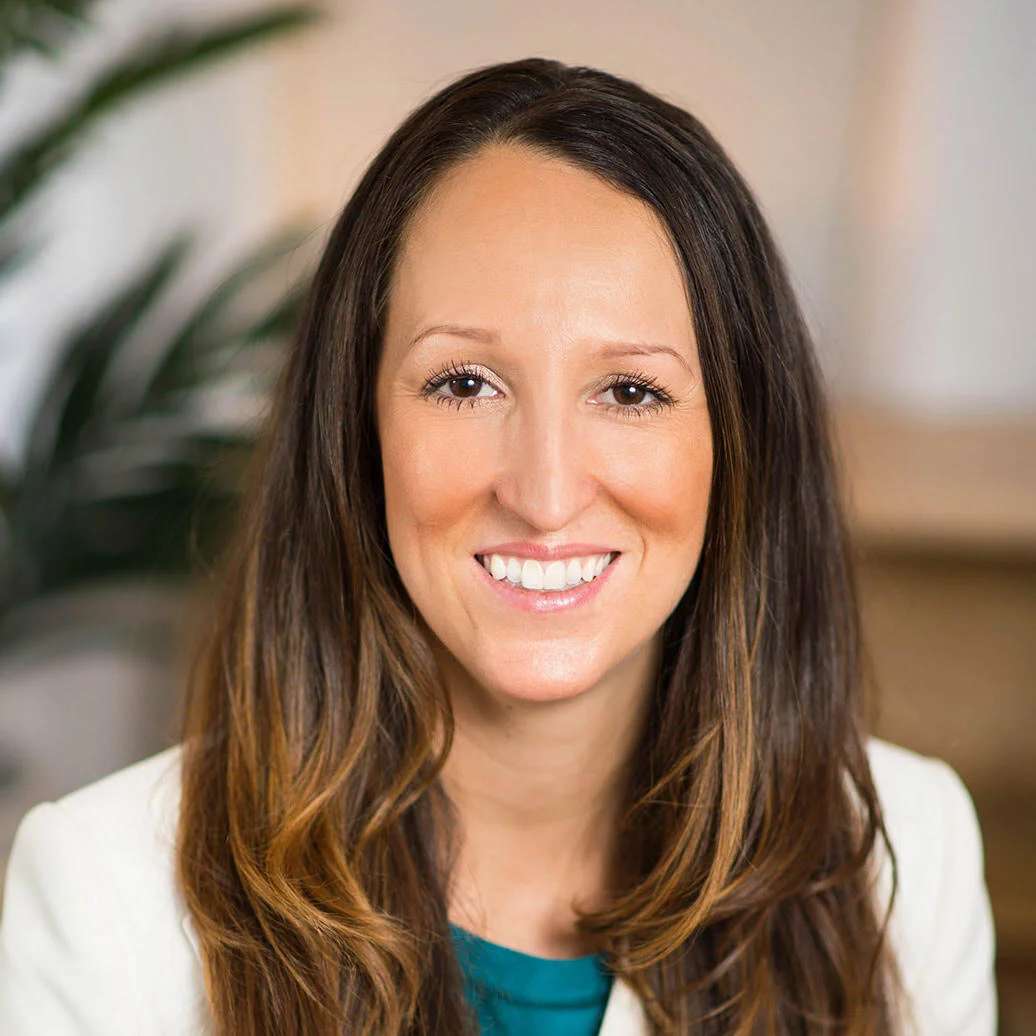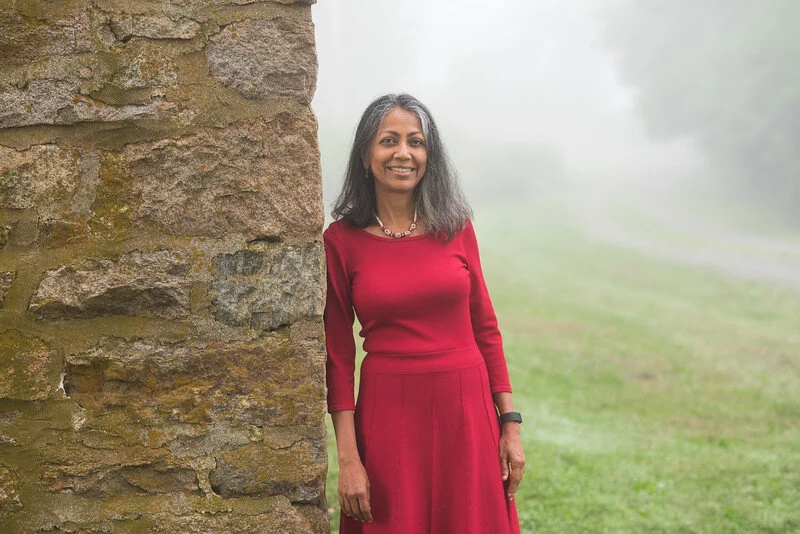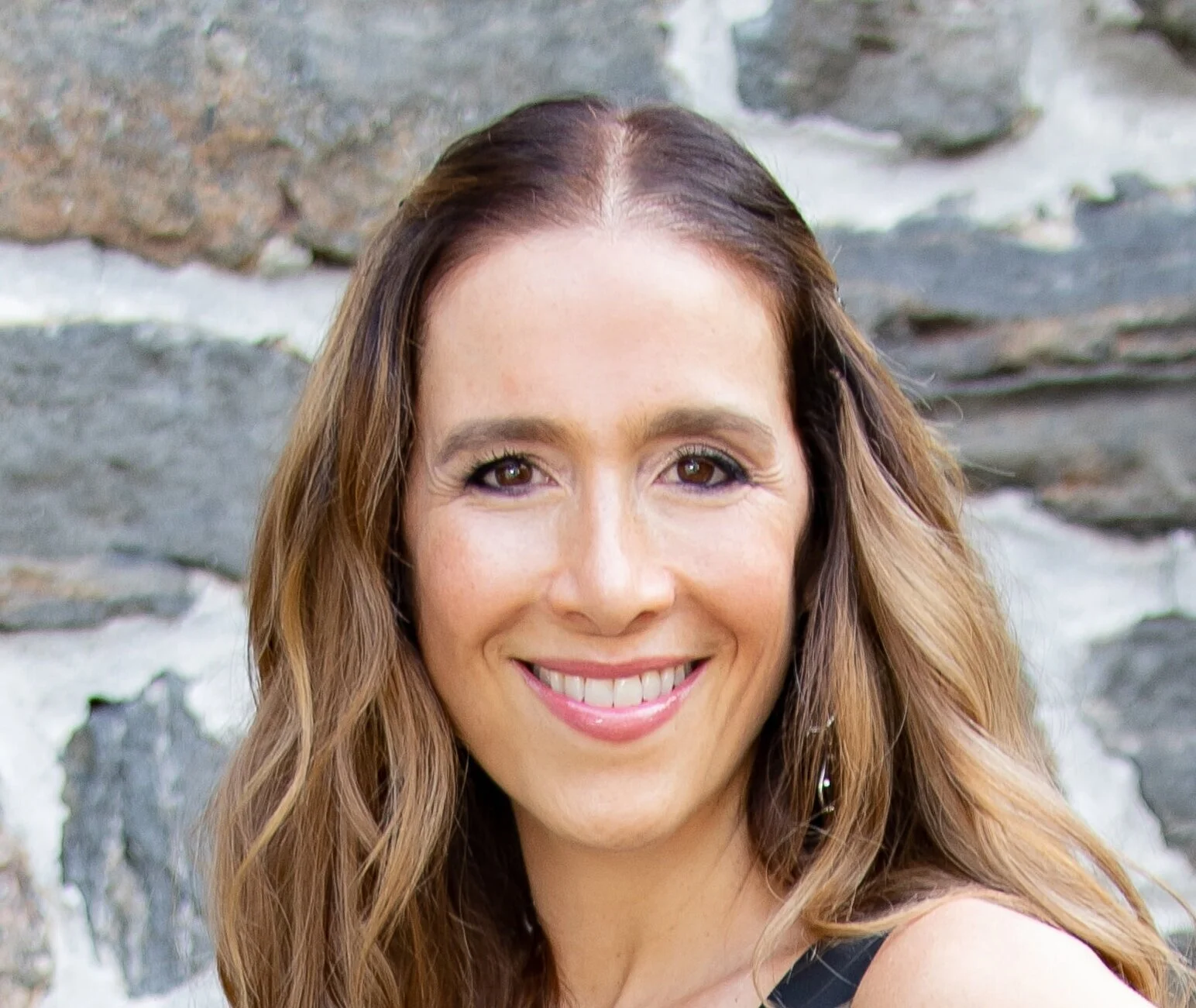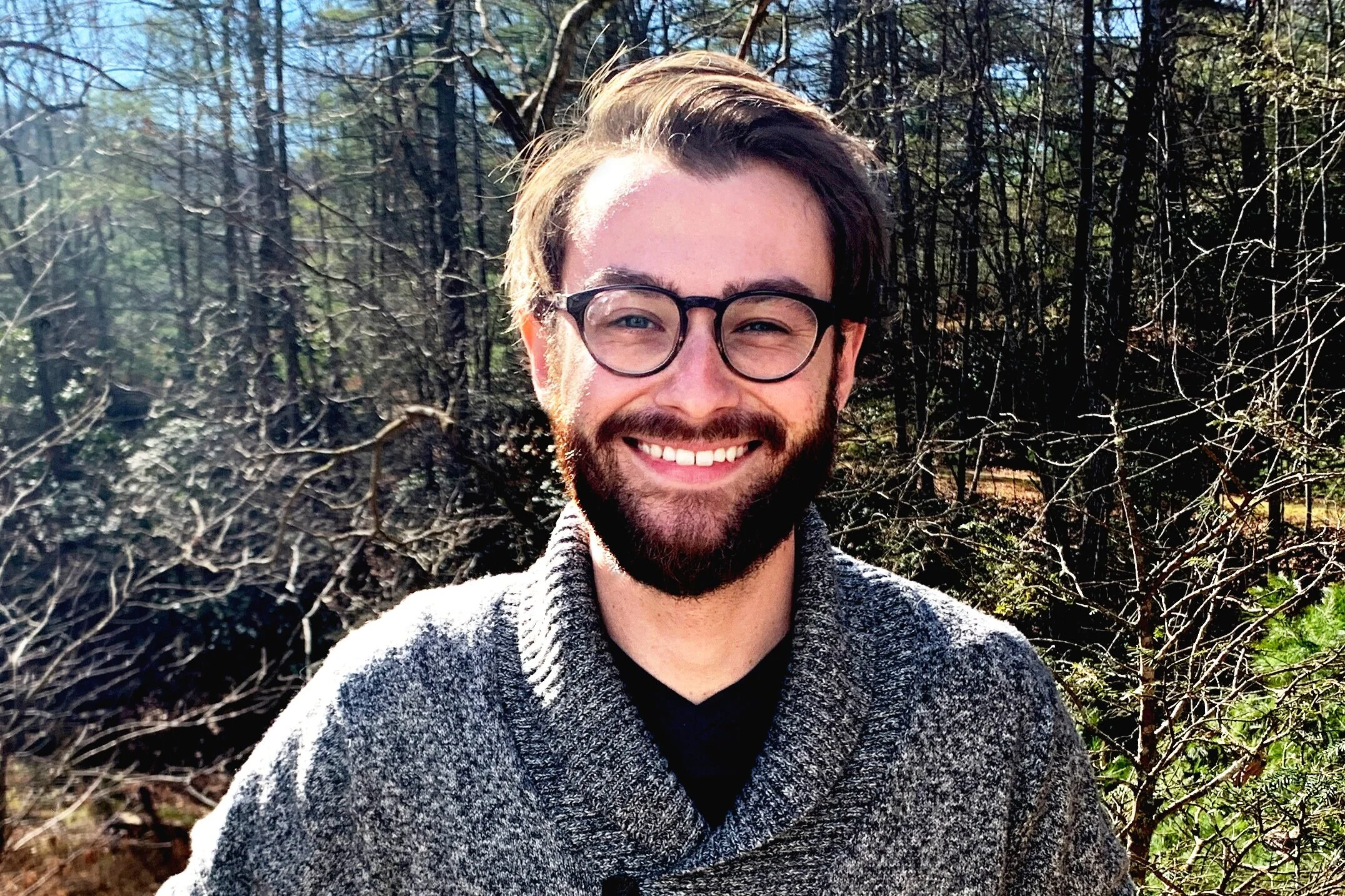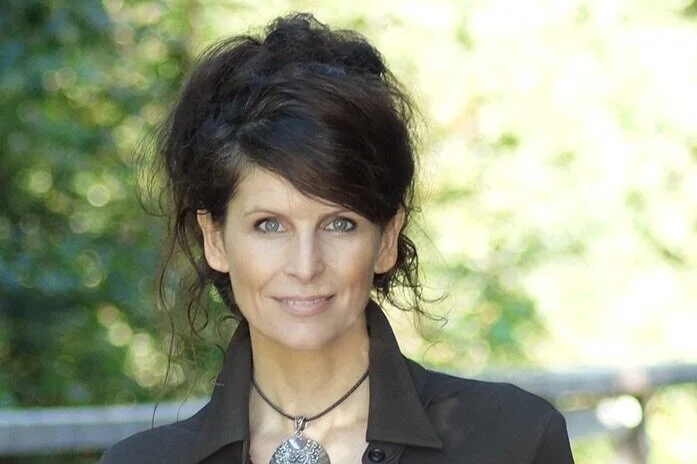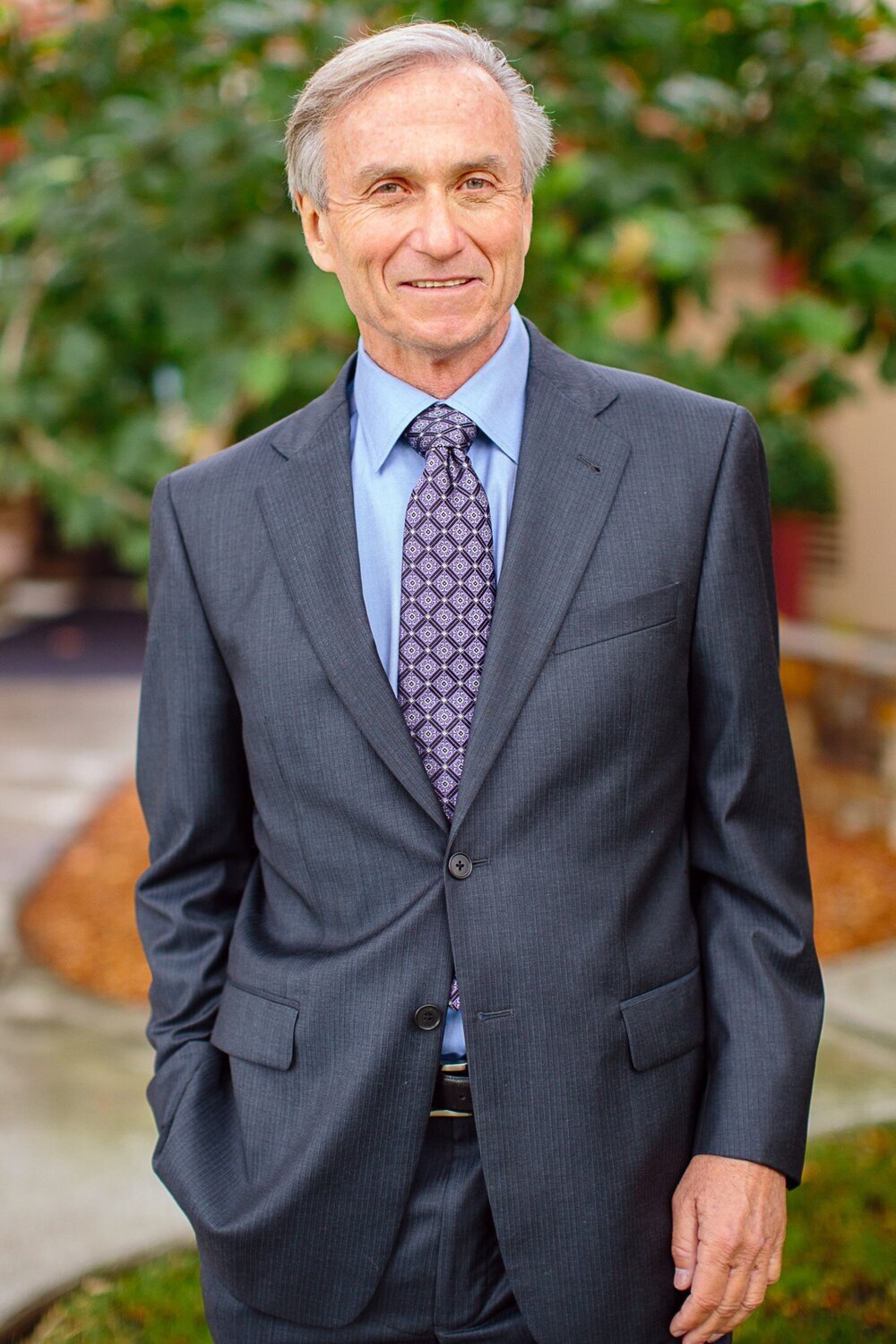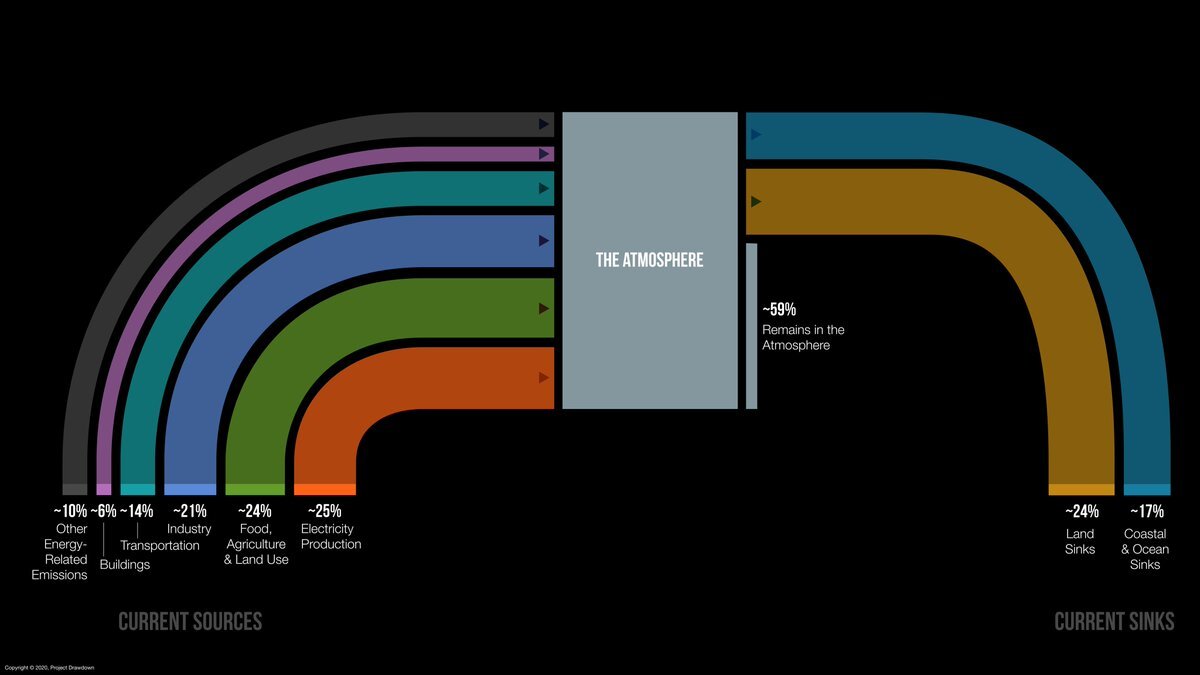#27 - Living with Intent
Welcome to “The Elements of Being” podcast, where I dissect and explore the minds and habits of psychologists, filmmakers, writers, and industry icons. Essentially, we examine the mental and emotional narratives and processes that steer the social stream of consciousness….Truly a chance to geek out over the psychology behind human behavior. Each episode is a glimpse into the trends and patterns of human behavior and the underlying influences that navigate us into different directions. Whether we primarily focus on nutrition or the unconscious, guests share insights, thought-provoking lessons, the nuances of creativity, and the elements of being….us.
Wellll….In 2020, our will was challenged as well as the habits and routines that defined our lives up to that point. The pandemic, social unrest, and election friction certainly shook the best of our physical, emotional, and mental selves in different ways. Similar to past years, I take January to reflect on the prior 12 months, to adopt new mental software (which are habits, perspectives, and patterns of thinking), and to reboot. As my best friend Craig mentioned this past May, this historic period is what we've been preparing for over the last decade: The steps to improve physical health. The steps to manage stress effectively. The steps to adapt effectively and efficiently. Having been tested, this is truly the best time to reexamine my adaptability and the needed protocol to move forward with my best self. And I challenge you to pledge the same.
Although the popular approach at this time of year is to list desired behaviors and actions first, the most important step (and the true beginning) is identifying the principles that steer my behavior. In essence, all behaviors and perspectives extend from this moral/ethical/philosophical base. Although I don't expect to live perfectly and follow every principle and intent to a "T," they will certainly steer my conscious and unconscious daily. It is my "business plan" for the new "fiscal year" of my personal life. I encourage you to think about the plan I’m about to share as an example and formulate your own approach within a similar template.
Please keep in mind that "living" always requires effort and the root of all being is interaction. The universe is undoubtedly interconnected, and true isolation is non-existent. My presence...my actions....my movements....all affect my environment and other living things.
Although my intents serve my selfish needs, they also serve a good beyond myself (for example, being there for my family for years to come, protecting our natural environment, depending less on healthcare, contributing to empathetic and compassionate energy in the community, and more.). All of us can curate a better world with the same intent.
So, what are my principles? What will steer my behavior and perspectives in 2021? I'll admit that I’m not reinventing the wheel this year…I’m simply amplifying my approach and effect in our beautiful world. In 2005, I created a business plan over the course of three months. Little did I know, this practice not only provided the structure for my professional endeavors for the next fifteen years but it guided my day-to-day personal approach as well. It steered my reflection process and organized my thoughts about “living.” It provided my purpose to “live with intent and to guide people in their journey to understand themselves, the people around them, and their interaction with the world.” No small undertaking and a challenge I believe I was meant and fit to do. From day one, I committed to an alignment of my professional and personal lives based on this purpose. In this period, the relationships I developed, the self-improvement book I published, and this very podcast exemplifies the progression of that original plan.
And each year I reexamine that original intent….that mission. I update it with modified principles based on my status and the status of the world at a given point. In 2021, here is my list of principles. Of course, I wouldn’t dare to stop there. Like the many others who approach the new year with a new sense of invigoration and passion, I’ve also broken the habits and behaviors that I seek to change or amplify. Photo: Cruise America - All of us need to cruise in nature to reflect on this past year.
*******
To learn more about Michael, visit https://www.theelementsofbeing.com/!
